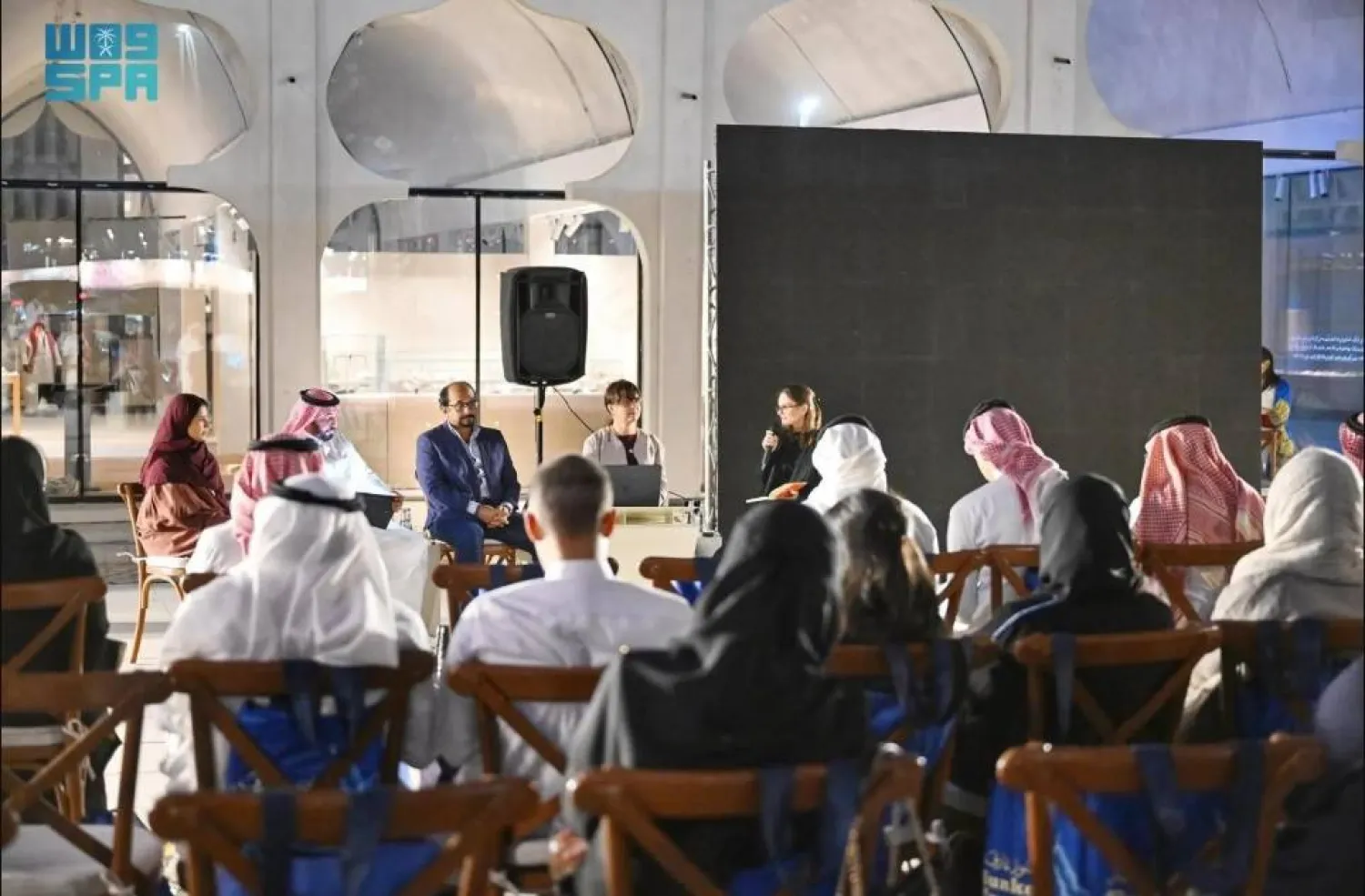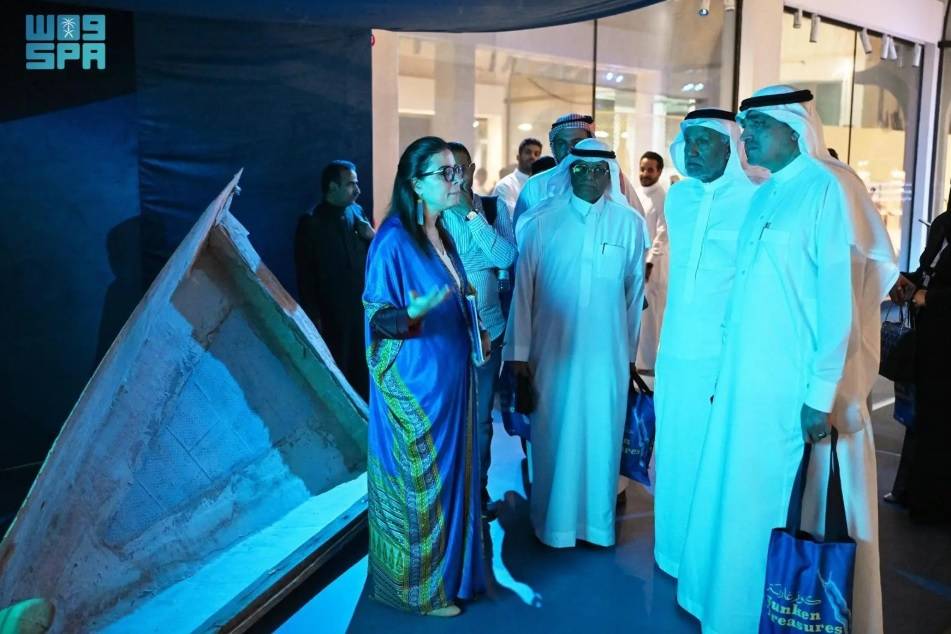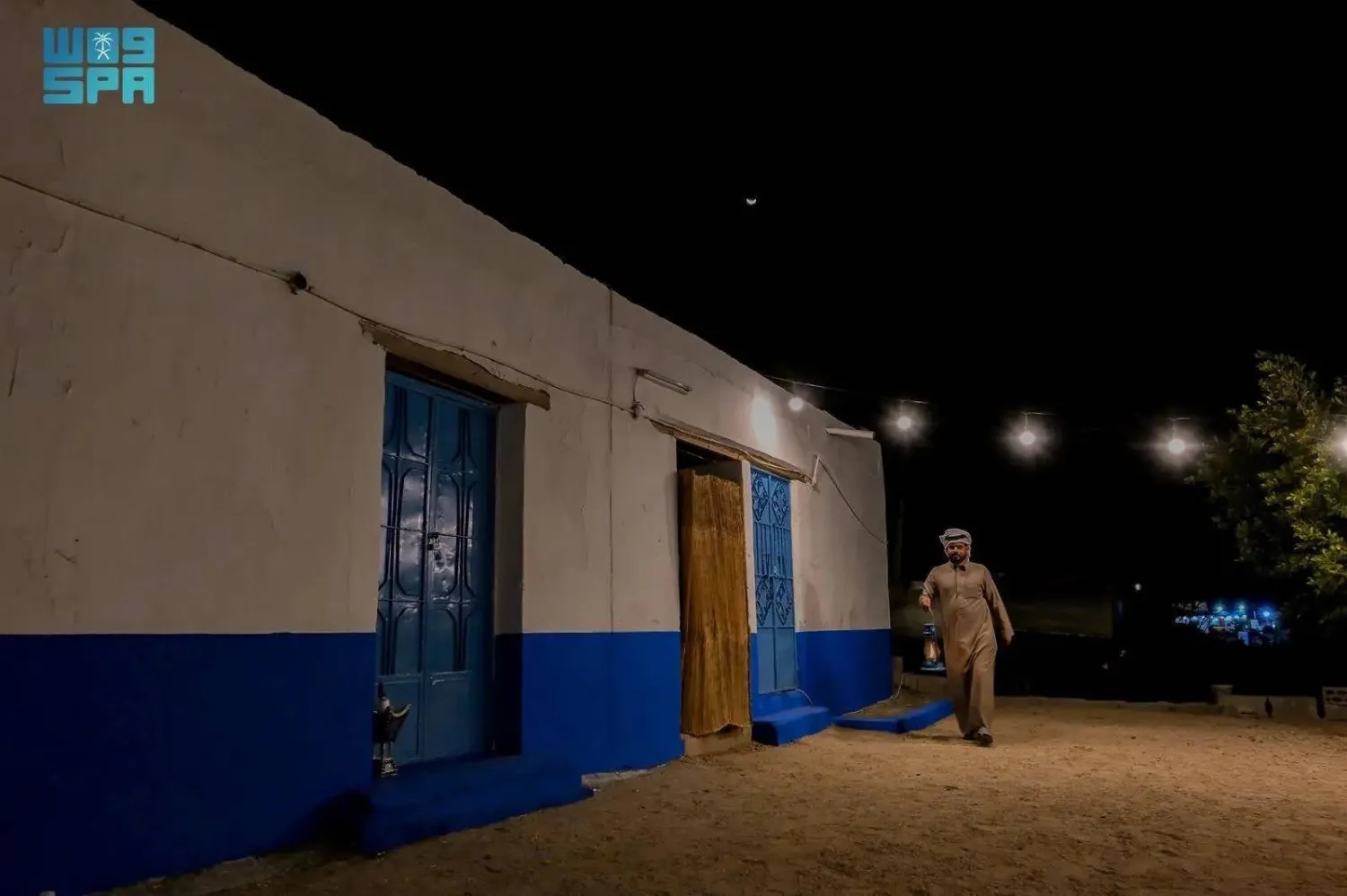UAE Minister of Culture Shaikh Salem bin Khalid Al Qassimi emphasized the UAE's commitment to integrating culture into sustainable development and climate action, Emirates News Agency (WAM) reported.
The Minister's remarks came during his participation at the G20 Culture Ministers' Meeting in Salvador, Di Bahia, Brazil, WAM said Wednesday.
Addressing the meeting, Al Qassimi said that the UAE has been galvanizing global cooperation to mainstream culture as a key enabler of sustainable development. He also stressed the UAE's leading role in promoting a culture of climate action and as a lever for inclusive and equitable economic growth.
"Culture not only preserves heritage but also provides innovative solutions to complex global issues, including climate change. As we face an evolving climate, culture strengthens our resilience against these challenges,” he said.
The Minister highlighted the UAE and Brazil's joint efforts in creating the Group of Friends for Culture-Based Climate Action (GFCBCA) and the support the group has received since its launch at COP28 last year.
"This coalition symbolizes our dedication to addressing climate challenges through a cultural lens, and we are grateful to the many partners who have joined this mission. We are especially proud that both the UAE Framework for Global Climate Resilience and the GFCBCA were included in the declaration, highlighting the importance of integrating cultural and resilient approaches to climate action on a global scale," he added.
The Minister also pointed out that measuring the contribution of the cultural and creative industries is of utmost importance as it is essential to tailor regulations and incentives that nurture the creative sector. "Data insights reveal emerging trends, consumer preferences, and areas for innovation."
"We are working with global partners to bolster mechanisms to collect data from the creative sector and leverage it to guide the future direction of CCI. Our dedication to nurturing creativity is not only about economic growth but about securing the legacy and identity of our communities for generations to come," WAM quoted him as saying.
A delegation from the Ministry of Culture actively participated in the fourth Culture Working Group (CWG) meeting. The UAE contributed to discussions on four priority areas: Protection and Restitution of Cultural Property, Harnessing Living Heritage for a Sustainable Future, Promotion of Cultural and Creative Industries, and Leveraging Digital Technologies for Culture, all of which informed the G20 Culture Ministers' Declaration.
By focusing discussions on culture in the four topics above, the countries gathered in the G20 Culture Working Group will be able to deepen their understanding of the challenges and possibilities of culture in a constantly changing world. The panels were designed to provide countries with the means to improve their public policies and national actions.
The CWG discussions are expected to foster new degrees of understanding and partnerships between countries, advancing principles such as promoting peace, sustainable and inclusive development, dialogue, and common understanding for the benefit of all.










